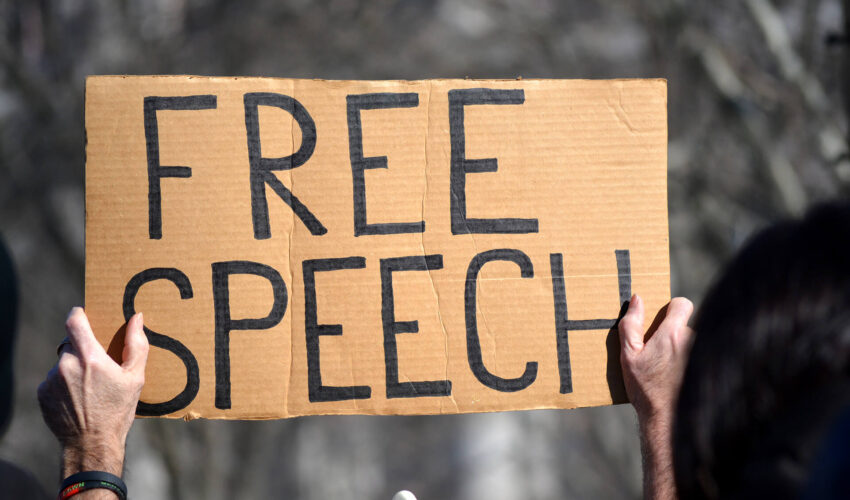
SALT LAKE CITY, UTAH – Attorney General Sean D. Reyes won a significant victory at the Supreme Court of the United States, when the Court unanimously ruled in favor of free speech in National Rifle Association v Vullo. General Reyes previously co-led an amicus brief to the nation’s high court, requesting the reversal of a lower court’s decision that gave officials license to stifle their political opponents’ protected speech by financially crippling them.
The case involved the actions of Maria Vullo, the former superintendent of the New York Department of Financial Services (DFS). While in her official capacity, Vullo was alleged to have manipulated some insurance companies under DFS’s purview into dropping the NRA as a client and using those examples to influence the entire local industry. Vullo was also alleged to have weaved her personal views on Second Amendment rights within her official business to at least one of these companies. The U.S. Court of Appeals for the Second Circuit ruled in favor of Vullo, leading to U.S. Supreme Court arguments.
In the brief General Reyes co-led to the U.S. Supreme Court, the coalition wrote, “If the Second Circuit’s decision is left standing, government officials will likely employ similar tactics to stifle disfavored speakers. As in Vullo, officials could target financial institutions that advocacy groups depend on to engage in robust political advocacy—whether related to school choice, abortion, religious liberty, or environmental issues—or… they could simply target private facilities that host events for such groups. In either case, the path forward is clearly marked.”
The U.S. Supreme Court agreed with the attorneys general, noting that “at the heart of the First Amendment’s Free Speech Clause is the recognition that viewpoint discrimination is uniquely harmful to a free and democratic society…While a government official can share her views freely and criticize particular beliefs in the hopes of persuading others, she may not use the power of her office to punish or suppress disfavored expression… the First Amendment prohibits government officials from wielding their power selectively to punish or suppress speech, directly or (as alleged here) through private intermediaries.”
